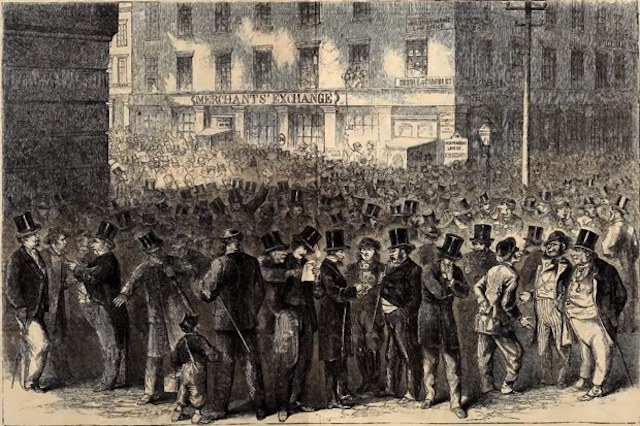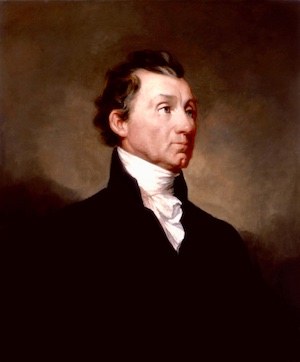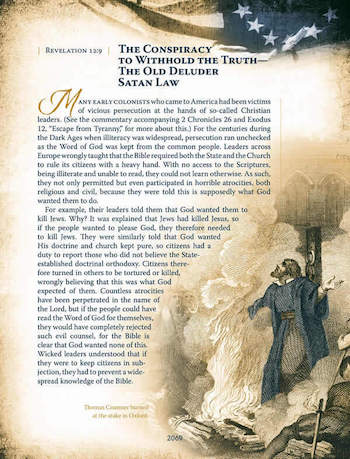
The Old Deluder Satan Law – America’s first public education law
What used to set America apart from the rest of the world is the quality of education we used to provide to our children. It was world class and at one time second to none. Today, not so much. Our so-called education system is no more than an indoctrination center for leftist ideology. History, at least real history, is no longer taught especially America’s history because it is so unique and successful. The reason is was so successful was because it was based on Christian principles. That statement causes liberals heads to explode but truth is truth.
Our educations primary school book, the New England Primer, that was used from the mid-1600s until the late 1800s is based solely on the Bible. All areas of life were taught using biblical principles. Liberals can deny it but historical facts prove it. The first laws providing public education for all children were passed in 1642 in Massachusetts and in 1647 in Connecticut and it was called the “Old Deluder Satan Law”. These colonists believed that the proper protection from civil abuses could only be achieved by eliminating Bible illiteracy.
“It being one chief project of that old deluder, Satan, to keep men from the knowledge of Scriptures, as in former time. . . . It is therefore ordered . . . [that] after the Lord hath increased [the settlement] to the number of fifty householders, [they] shall then forthwith appoint one within their town, to teach all such children as shall resort to him, to write and read. . . . And it is further ordered, that where any town shall increase to the number of one hundred families or householders, they shall set up a grammar school . . . to instruct youths, so far as they may be fitted for the university.” [1] Continue reading

 When their ship from the Netherlands docked in the harbor of New Amsterdam (now New York City) in 1688, Garrett Hendricks DeWeese, and his wife Zytian, could not have known of the historic events that would direct the destiny of their future family. Nor could they have known how those future sons and daughters would be central figures in molding those events.
When their ship from the Netherlands docked in the harbor of New Amsterdam (now New York City) in 1688, Garrett Hendricks DeWeese, and his wife Zytian, could not have known of the historic events that would direct the destiny of their future family. Nor could they have known how those future sons and daughters would be central figures in molding those events. 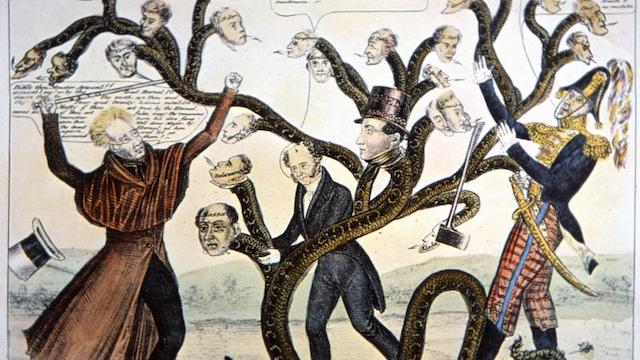
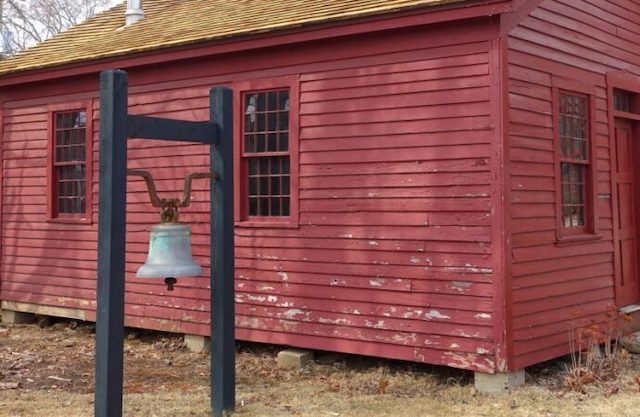 I was recently looking through Intellectual Takeout’s archives and once again stumbled upon
I was recently looking through Intellectual Takeout’s archives and once again stumbled upon 
 In this speech, delivered in the depths of the Great Depression, presidential candidate Franklin Roosevelt sought to explain the dramatic ideological differences between himself and the Republican President Herbert Hoover, ‘the Great Engineer.’
In this speech, delivered in the depths of the Great Depression, presidential candidate Franklin Roosevelt sought to explain the dramatic ideological differences between himself and the Republican President Herbert Hoover, ‘the Great Engineer.’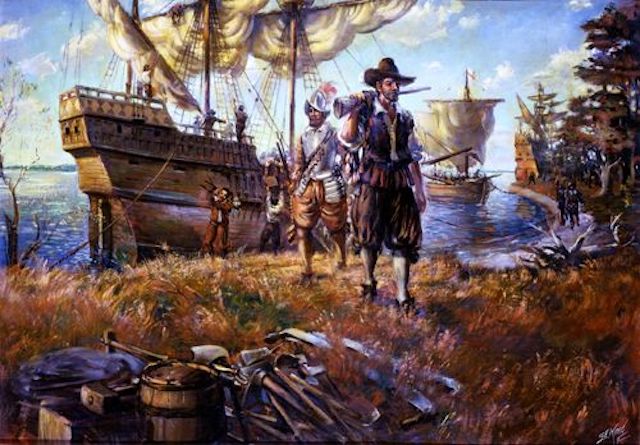
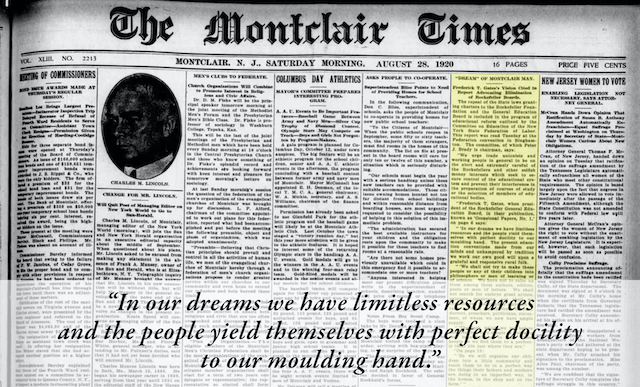 What follows is the transcript of the 1920 newspaper clipping. The actual clip is at the end.
What follows is the transcript of the 1920 newspaper clipping. The actual clip is at the end. 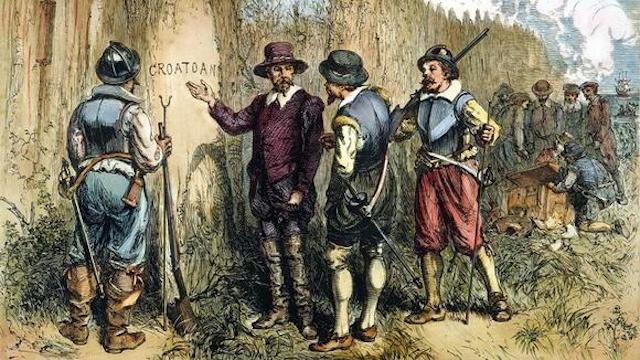 The story of the Roanoke Colony is one of the most enduring mysteries in American history. In the late 16th century, a group of English settlers established a colony on Roanoke Island, located off the coast of present-day North Carolina. However, when a supply ship returned to the colony in 1590, all its inhabitants had vanished without a trace. This puzzling event has captivated historians and researchers for centuries, with various theories and speculations attempting to unravel the fate of the lost Roanoke Colony.
The story of the Roanoke Colony is one of the most enduring mysteries in American history. In the late 16th century, a group of English settlers established a colony on Roanoke Island, located off the coast of present-day North Carolina. However, when a supply ship returned to the colony in 1590, all its inhabitants had vanished without a trace. This puzzling event has captivated historians and researchers for centuries, with various theories and speculations attempting to unravel the fate of the lost Roanoke Colony. 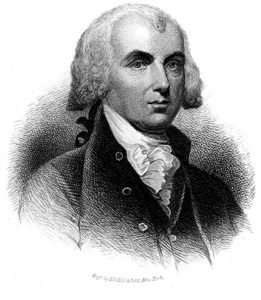
 Education is one of the most important aspects of having a functioning society. Good education for everyone seems like a fairly uncontroversial proposal. Unfortunately, we live in a world where not all educational institutions are created equal.
Education is one of the most important aspects of having a functioning society. Good education for everyone seems like a fairly uncontroversial proposal. Unfortunately, we live in a world where not all educational institutions are created equal.
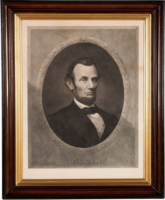
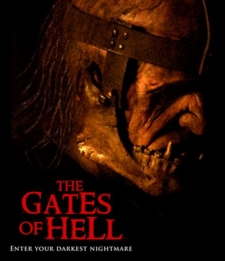 An article on The Gateway Pundit for May 28th provided some information worth noting on what goes on in public schools and who is doing some of it. If you’ve had problems with Target over their “gay” pride merchandise you may find that is only the tip of the iceberg. The Gateway Pundit article tells us: “Retail giant Target has partnered with GLSEN (Gay, Lesbian, and Straight Education Network) for years… GLSEN is a group that provides sexually explicit books to schools, pushes gender identity throughout public school curricula, and advocates policies that keep parents unaware of their child’s in-school gender transition… It was Barack Obama who first pushed sex education to kindergartners back in 2007 – he even pushed sex education to kiddies legislation… the media mostly hid this from the American public.” Sounds like King Barack the first really did have a plan to “fundamentally transform the United States” but he didn’t want the public to grasp just what it was!
An article on The Gateway Pundit for May 28th provided some information worth noting on what goes on in public schools and who is doing some of it. If you’ve had problems with Target over their “gay” pride merchandise you may find that is only the tip of the iceberg. The Gateway Pundit article tells us: “Retail giant Target has partnered with GLSEN (Gay, Lesbian, and Straight Education Network) for years… GLSEN is a group that provides sexually explicit books to schools, pushes gender identity throughout public school curricula, and advocates policies that keep parents unaware of their child’s in-school gender transition… It was Barack Obama who first pushed sex education to kindergartners back in 2007 – he even pushed sex education to kiddies legislation… the media mostly hid this from the American public.” Sounds like King Barack the first really did have a plan to “fundamentally transform the United States” but he didn’t want the public to grasp just what it was! 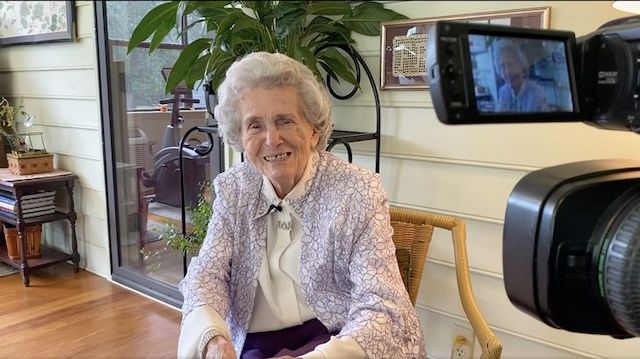 Teachers often have thankless jobs — at least the teachers who aren’t trying to indoctrinate kids into everything leftist — and many of them leave their jobs out of frustration. So the story of a teacher who stuck it out until she retired at the age of 95 is impressive.
Teachers often have thankless jobs — at least the teachers who aren’t trying to indoctrinate kids into everything leftist — and many of them leave their jobs out of frustration. So the story of a teacher who stuck it out until she retired at the age of 95 is impressive.